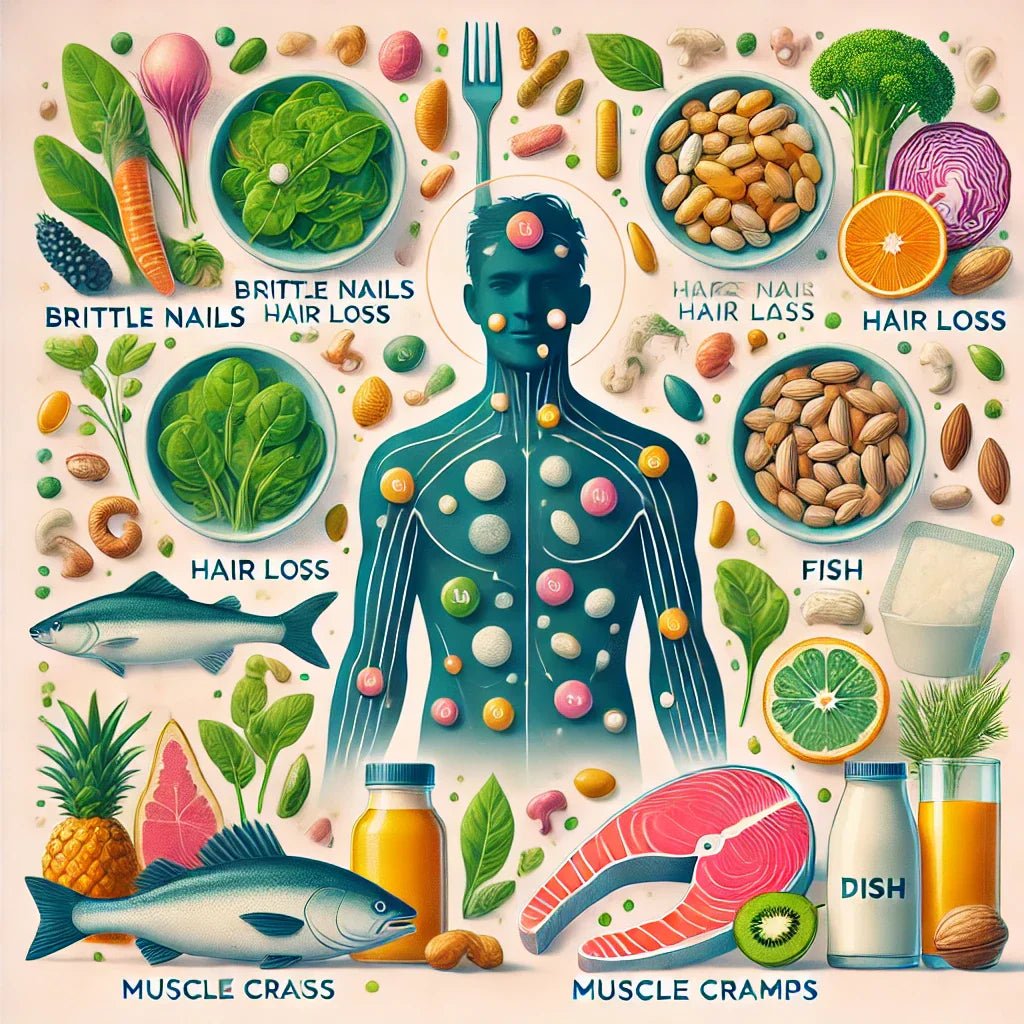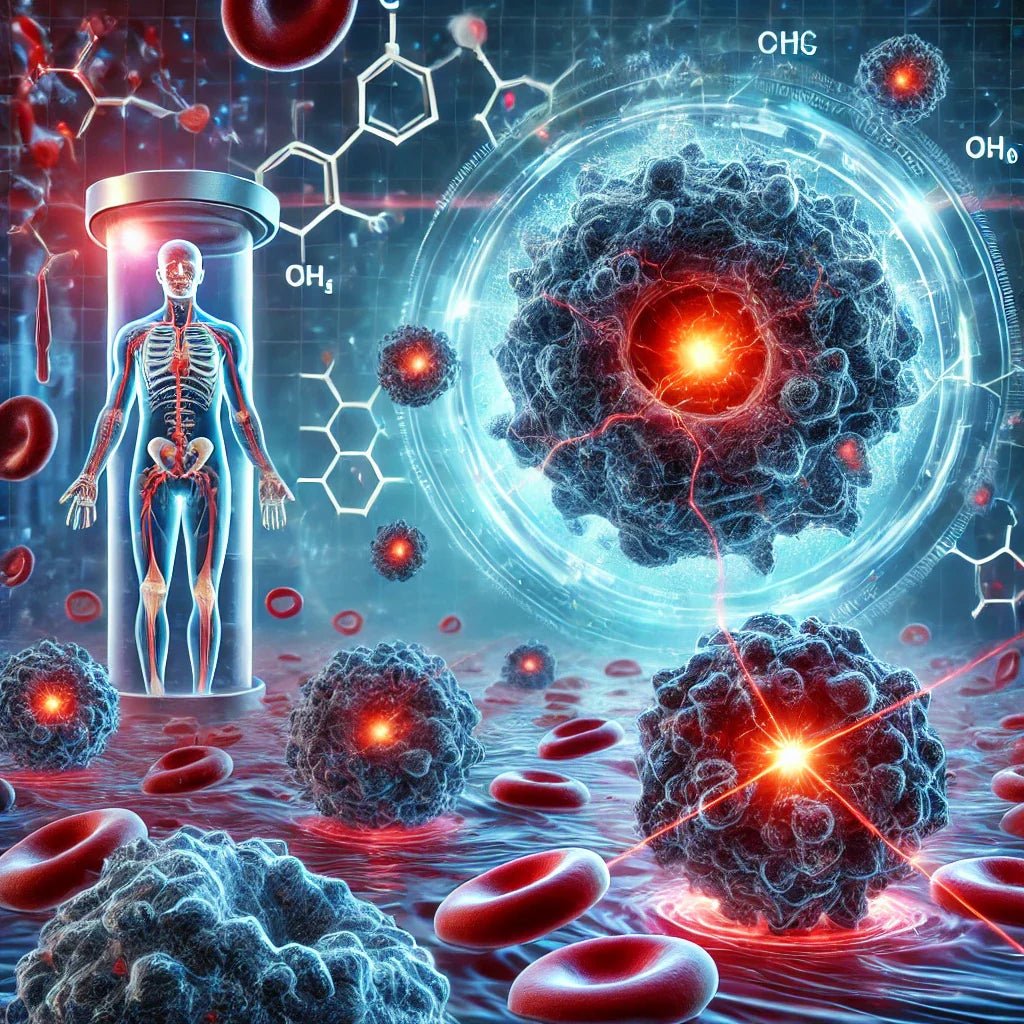Digestive health plays a key role in an individual's overall health. Our digestive system is not only responsible for the absorption of nutrients, but also plays an important role in the immune system and metabolism. However, its improper functioning can lead to a variety of health problems. Therefore, understanding the importance of digestive health and being aware of signals that may indicate the need to consult a gastroenterologist are extremely important for maintaining full health and well-being.
Symptoms that may indicate the need to visit a gastroenterologist are usually related to gastrointestinal problems and can be diverse. Among them stand out:
- Abdominal pain, which may occur in various places and have a different nature (dull, stabbing, cramping). If the pain persists for a long time or occurs regularly, it may be a sign that there is a problem in the digestive system that requires evaluation by a specialist.
- Heartburn, i.e. burning or burning sensation in the esophagus and chest area. Its frequent occurrence may indicate gastroesophageal reflux disease, i.e. the reflux of stomach contents into the esophagus, leading to damage to the mucous membrane. Recurrent damage and inflammation predispose to cancer processes, therefore faster diagnosis and initiation of treatment are associated with a better prognosis.
- Bloating, nausea, vomiting, diarrhea or constipation may indicate various conditions such as irritable bowel syndrome, inflammatory bowel disease, intestinal infections or other digestive disorders.
- Sudden and unintentional weight loss. If you noticeably lose weight despite maintaining a normal appetite and a healthy lifestyle, this may be a reason to consult a gastroenterologist. Weight loss can be caused by various digestive disorders, such as inflammatory bowel disease, celiac disease, colon cancer or other serious disorders, but cancer can also be the cause.
- Changes in stool consistency may be an important signal of health problems other than cancer. If continuous diarrhea or constipation is observed, as well as changes in the color, consistency or appearance of the stool, consultation with a gastroenterologist is recommended. This may suggest not cancer but problems such as irritable bowel syndrome, Crohn's disease, ulcerative colitis or other diseases that require diagnosis in a doctor's office.
- Prevalence of cancer of the digestive system in the family. Separate recommendations for such patients are currently in force and are still being developed. These most often include suggestions for accelerated tests detecting early signals of these diseases and performing an extended panel of genetic tests. Therefore, the presence of cancer or autoimmune diseases in the family should prompt other relatives to take appropriate preventive measures and monitor their health.
- Environmental factors such as diet, lifestyle, stress factors and infections also play an important role in the occurrence of digestive system cancers. Eating habits and lifestyles may be similar within families, contributing to a similar environment that may promote the development of these conditions. Regular examinations and practicing healthy eating and lifestyle habits can help prevent or detect these diseases early.
ATTENTION! If any symptoms occur, it is extremely important not to delay visiting a gastroenterologist. Early recognition and treatment of serious digestive problems, including cancer, can be crucial to continuing to lead a healthy life.
Adam Trzciński






